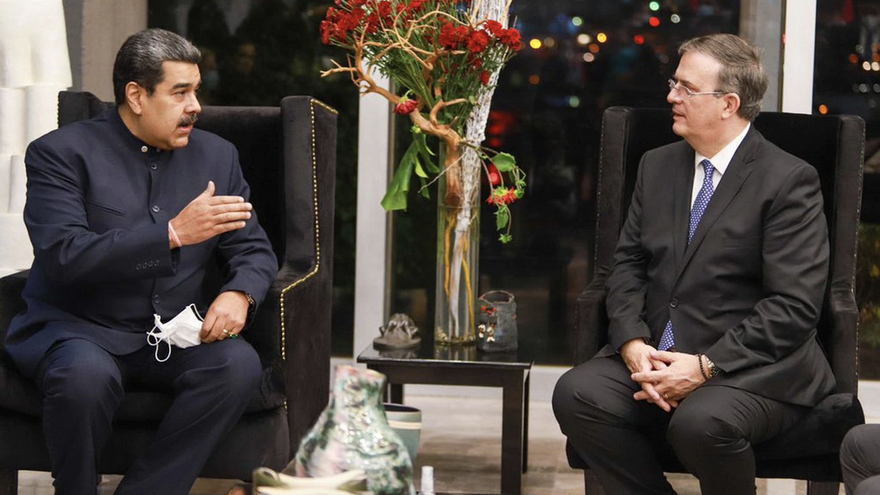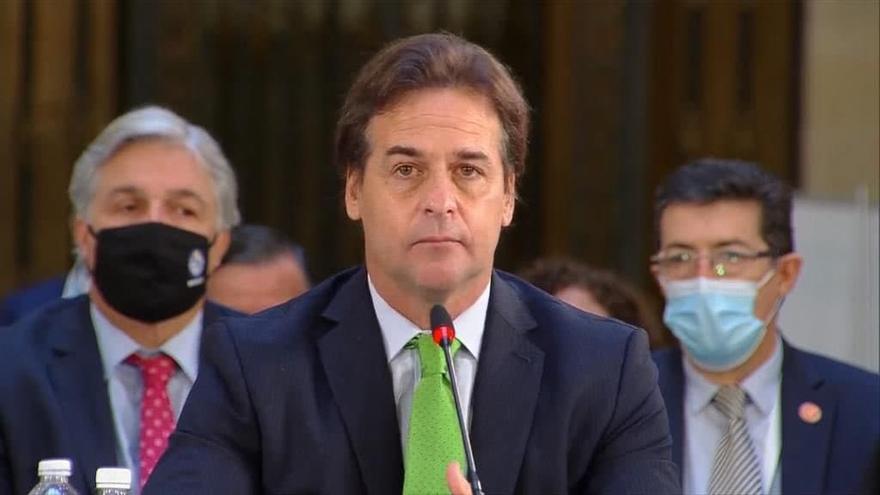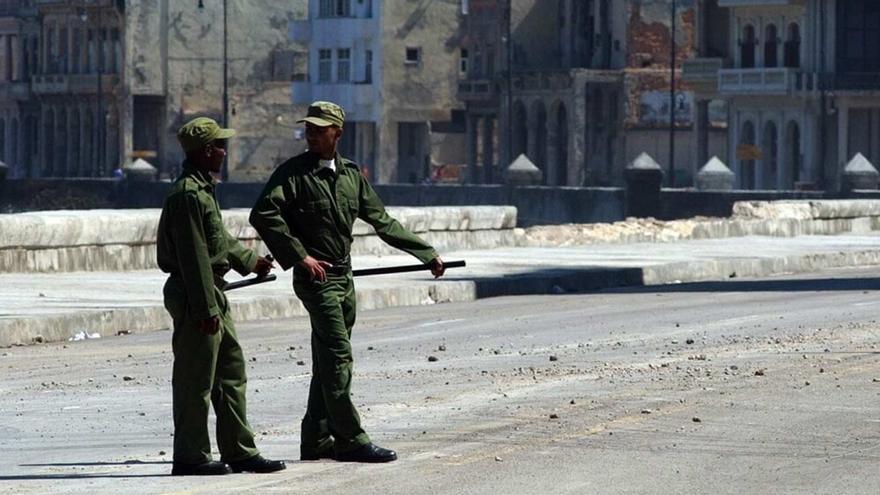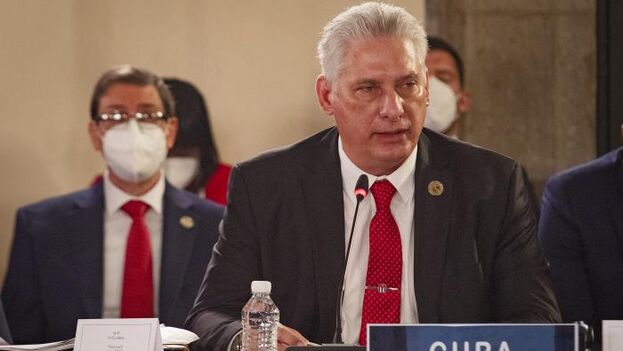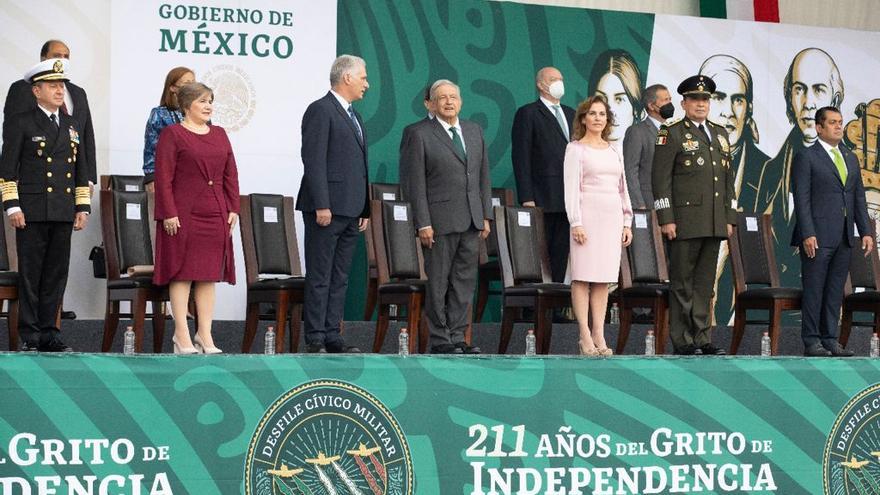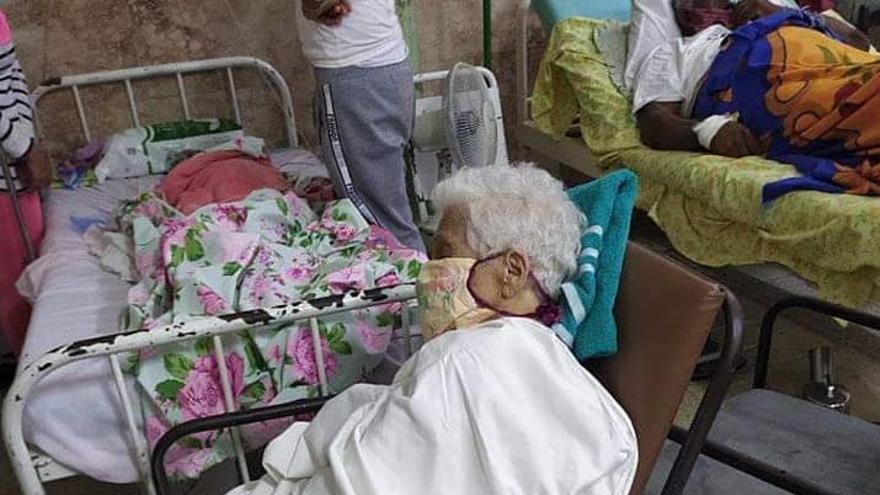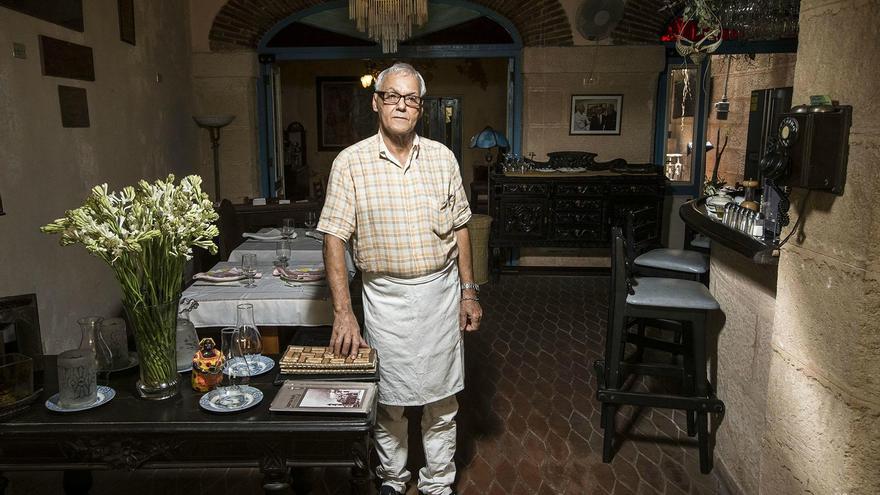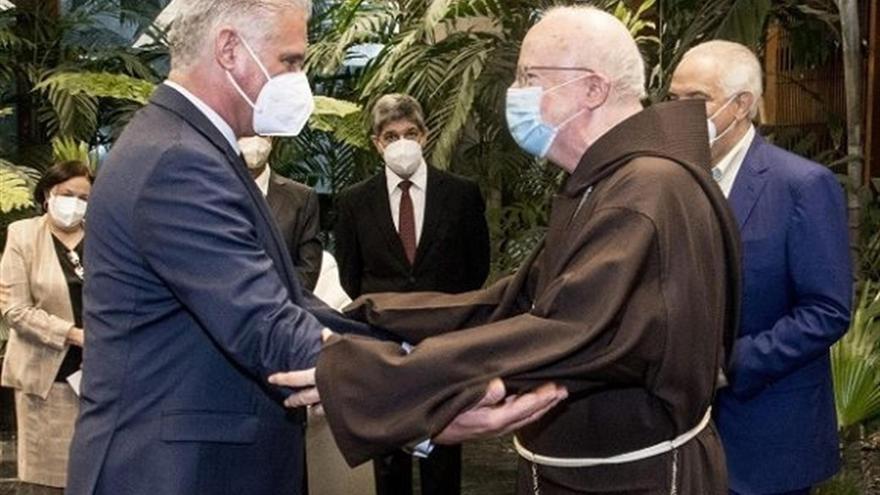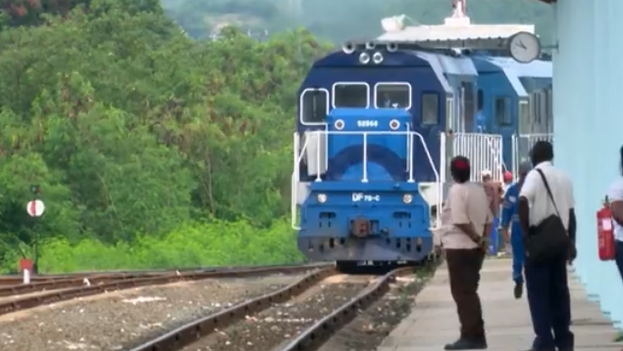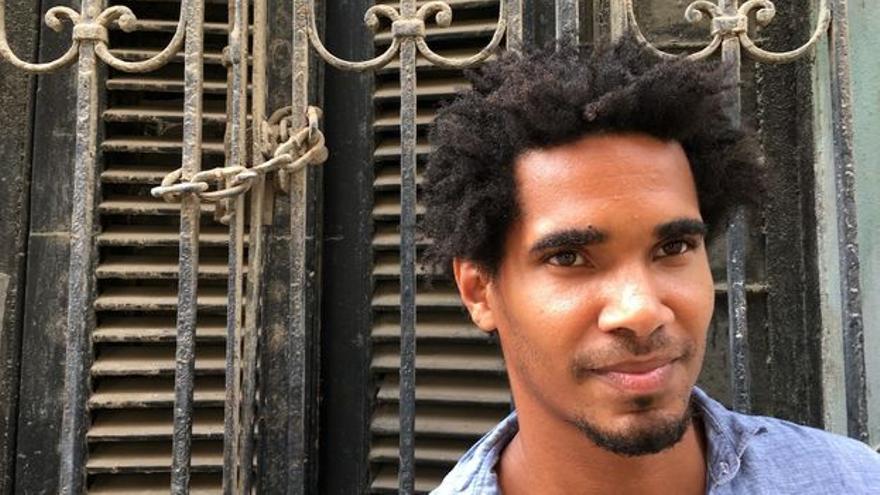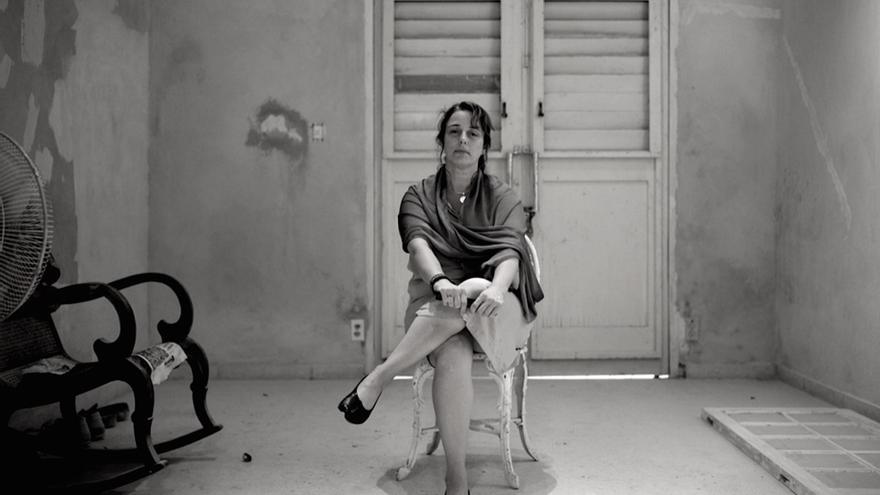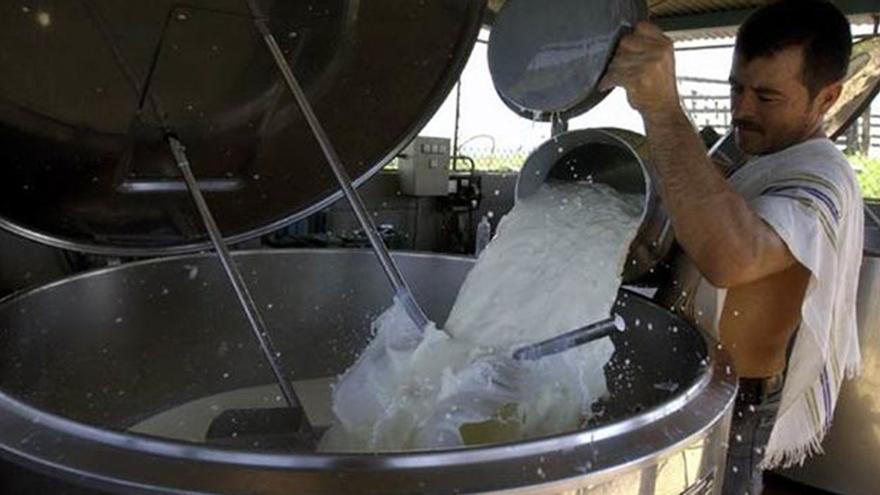
![]() 14ymedio, Havana, 22 September 2021 — The official press celebrates that the Evelio Rodríguez Curbelo cooperative, from the municipality of Jimaguayú, Camagüey, reached an annual production of one million liters of cow’s milk. “It reached this goal for the tenth year in a row,” an article reported this Wednesday.
14ymedio, Havana, 22 September 2021 — The official press celebrates that the Evelio Rodríguez Curbelo cooperative, from the municipality of Jimaguayú, Camagüey, reached an annual production of one million liters of cow’s milk. “It reached this goal for the tenth year in a row,” an article reported this Wednesday.
The feat is a mirage. In one day, the cooperative obtains 2,739 liters of milk; if there are 347 members, this represents 7.89 liters for each one, which is what each farmer delivers on average to the Camagüey Dairy Products Industry.
Officialdom has little to celebrate when they highlight that in Camagüey a cow gives almost seven times less milk than in Spain, even taking into account that production fell 1.3% in that country, according to the first report of the Spanish Agrarian Guarantee Fund. Only the average in Galicia is around 25 liters per day per cow, although in some parts they can exceed 50 liters.
For Isel Galindo Cruz, president of the Evelio Rodríguez Curbelo cooperative, production is an achievement, the fruit of the “result of the will of the peasants and their desire,” since “in the last two years no inputs of any type have been received type to develop livestock.”
The cooperative member confirmed “the infestation of the pastures, the deterioration of the roads, the blackouts and climate change are some continue reading
Galindo Cruz attributed the low milk production to the lack of rainfall and announced that for this year there will be 1,247,000 liters of milk, which will comply with what was agreed in the calendar. There are in Camagüey, he said, 174 cattle farms that have 2,400 cows and from each one they are obtaining an average of 3.7 liters.
The crisis in milk production the island is going through is evident. In May 2020, the State newspaper Granma announced that it had “158,000 cow owners.” In that year there was talk of the start of a livestock development project in Camagüey to “benefit 105 cooperatives.” The announcement was made a month after they denounced that “the dairy farmers accumulated a delay in the deliveries to the industry of about five million liters,” and that the deficit in milk production increased.
Due to the lack of milk, the Cuban government announced “restrictions on the production of ice cream, yogurt and other assortments that depend” on this food product. So it has had to resort to the production of soy yogurt and its derivatives.
Today the news is the production of milk in Camagüey, in June it was the slaughter of six cows as part of the package of 63 measures that the Government announced in April in order to stimulate food production. At that time, only 6% of the cattle ranchers in Camagüey met the requirements to trade “freely” beef and milk.
The province of Camagüey, due to its size and soils, has led the sector throughout history; however, malnutrition was a negative factor for livestock last year. In the first semester, the province registered the death of 17,000 cows due to malnutrition and a 30% decrease in milk production. To this was added the low birth rate, which resulted in their being 5,982 head of cattle fewer than the previous year.
But the low indicators may point to another phenomenon: the growing diversion of milk and its productions towards the informal market. In a country where the dairy derivatives industry and trade has been strongly monopolized by the State, the ways to get cheese, yogurt and milk through clandestine networks have proliferated.
To avoid this obvious traffic, checkpoints are permanently maintained on the island’s roads, with uniformed officers and specialized dogs to detect the illegal trade of dairy products. However, the thriving business of selling pizzas, snacks and other quick recipes flourishes in the shadow of this informal business.
To avoid declaring all the milk they produce, farmers resort to many tricks. From pointing to the drought, the lack of feed and drugs to care for their animals, to declaring many of the calves that are born as male to avoid subsequent control over the females, their udders and their young.
____________
COLLABORATE WITH OUR WORK: The 14ymedio team is committed to practicing serious journalism that reflects Cuba’s reality in all its depth. Thank you for joining us on this long journey. We invite you to continue supporting us by becoming a member of 14ymedio now. Together we can continue transforming journalism in Cuba.


